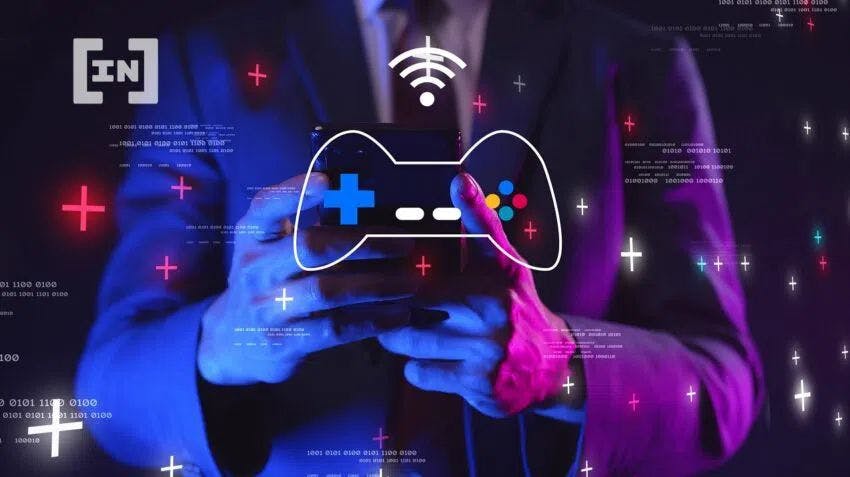731 reads
Play-to-Earn: Web3 Games Gaining Market Momentum
by
June 6th, 2023
Audio Presented by

Ex-Google, Ex-Verizon. Huffington Post Alumnus on GLG Councils. Opinions are my own.
About Author
Ex-Google, Ex-Verizon. Huffington Post Alumnus on GLG Councils. Opinions are my own.
